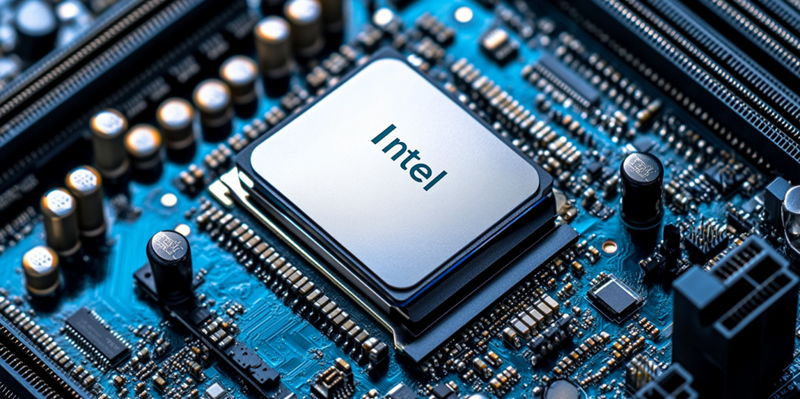The Intel Core Ultra 9 285K, launched on October 24th as part of the Arrow Lake Core Ultra 200S series, has garnered significant attention in both the US and Japan, predominantly among productivity-focused users. The initial sales figures in these markets have been extraordinary, with major retailers quickly selling out their limited stock. This has led to a sense of frustration among gamers, as reviews indicate a slight decline in performance for gaming tasks compared to previous generations. However, the strong demand highlights the processor’s appeal among those who prioritize productivity, power efficiency, and multithreaded performance.
In Japan, the rapid sell-out of the Core Ultra 9 285K on launch day underscores the limited availability of initial shipments. Many PC shops adapted by bundling the processor with Z890 motherboards, ensuring that customers could get the most out of their new purchase without experiencing compatibility issues. In the US, the high demand led to quick unavailability at major retailers like Newegg, BestBuy, B&H, and even Amazon, which didn’t list the product. The processor boasts 24 cores, including 8 performance cores (P-cores) and 16 efficient cores (E-cores), although it lacks hyperthreading. This configuration allows it to outperform the Intel Core i9 14900K in multithreaded tasks, making it a go-to choice for those requiring robust productivity capabilities.
The Core Ultra 9 285K carries an MSRP of $589 in the US, while in Japan, it is priced at approximately $760, including tax. Its compatibility is limited to Z890 chipset motherboards due to the LGA 1851 socket, necessitating an upgrade for users with older boards. This additional cost could be a consideration for some users. Despite this, the processor’s ability to offer better productivity and multithreaded performance at lower power consumption makes it an attractive option. It also underscores a growing trend where productivity-focused users are increasingly prioritizing power efficiency and multitasking capabilities over raw gaming performance.
Promising Reception in Specific Segments
The Intel Core Ultra 9 285K, released on October 24th as part of the Arrow Lake Core Ultra 200S series, has captured substantial interest in the US and Japan, especially from productivity-focused users. Initial sales in these markets have been remarkable, with major retailers quickly depleting their limited stock. This has caused frustration among gamers, as reviews show a slight dip in gaming performance compared to earlier generations. Nevertheless, the high demand underscores the processor’s appeal for those prioritizing productivity, energy efficiency, and multithreaded performance.
In Japan, the quick sell-out on launch day highlights the shortage of initial shipments. Many PC shops responded by bundling the processor with Z890 motherboards to ensure compatibility. In the US, major retailers like Newegg, BestBuy, B&H, and even Amazon saw swift sellouts, if they listed the product at all. Featuring 24 cores, including 8 performance cores (P-cores) and 16 efficient cores (E-cores), the processor lacks hyperthreading but excels in multithreaded tasks, outperforming the Intel Core i9 14900K.
Priced at $589 in the US and roughly $760 inclusive of tax in Japan, the Core Ultra 9 285K is compatible only with Z890 chipset motherboards due to its LGA 1851 socket. This may require users of older boards to upgrade, adding to the overall cost. Despite this, the processor’s ability to deliver superior productivity and multithreaded performance while consuming less power makes it an enticing choice. It signifies a growing trend where users focused on productivity are valuing power efficiency and multitasking capabilities over pure gaming performance.

